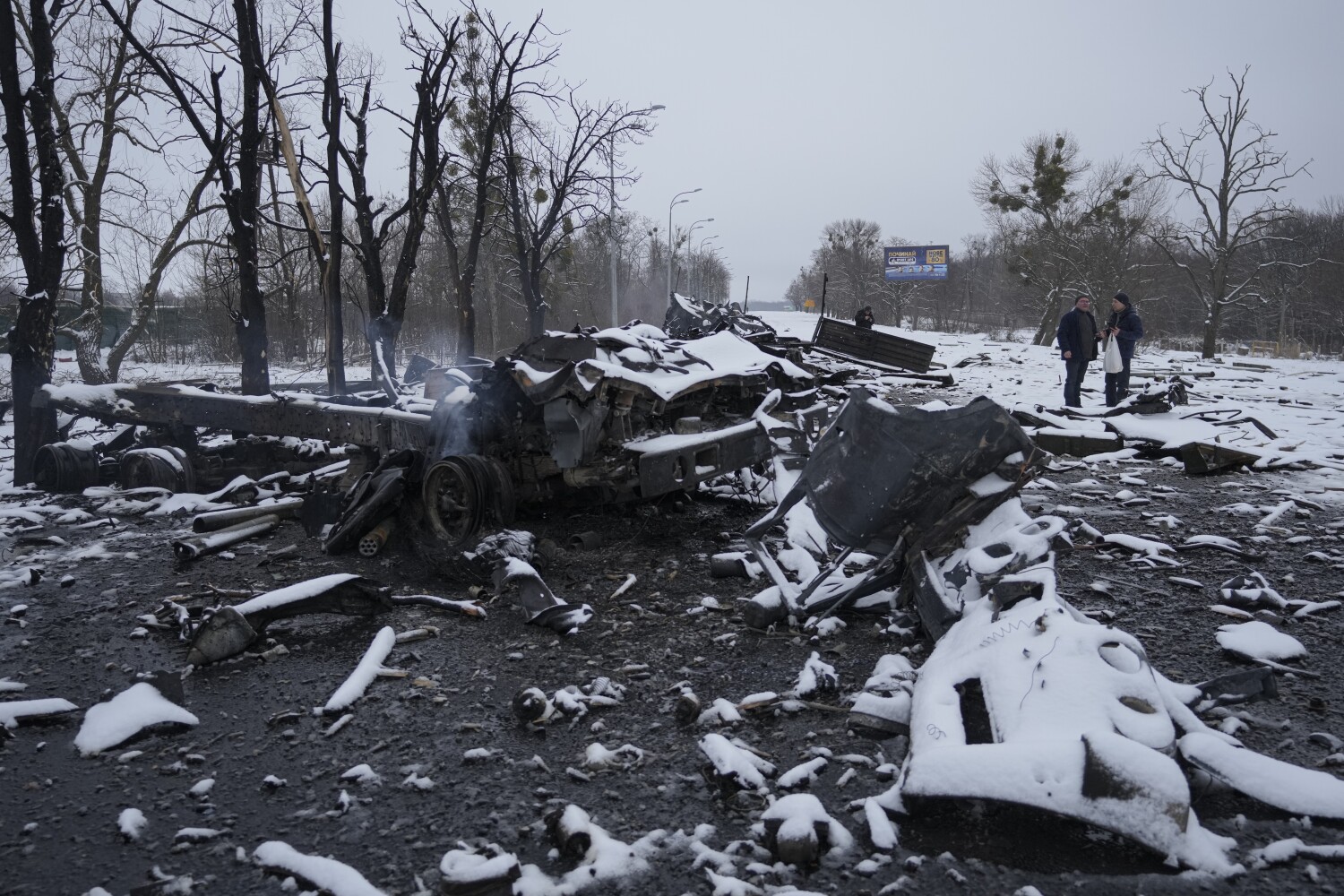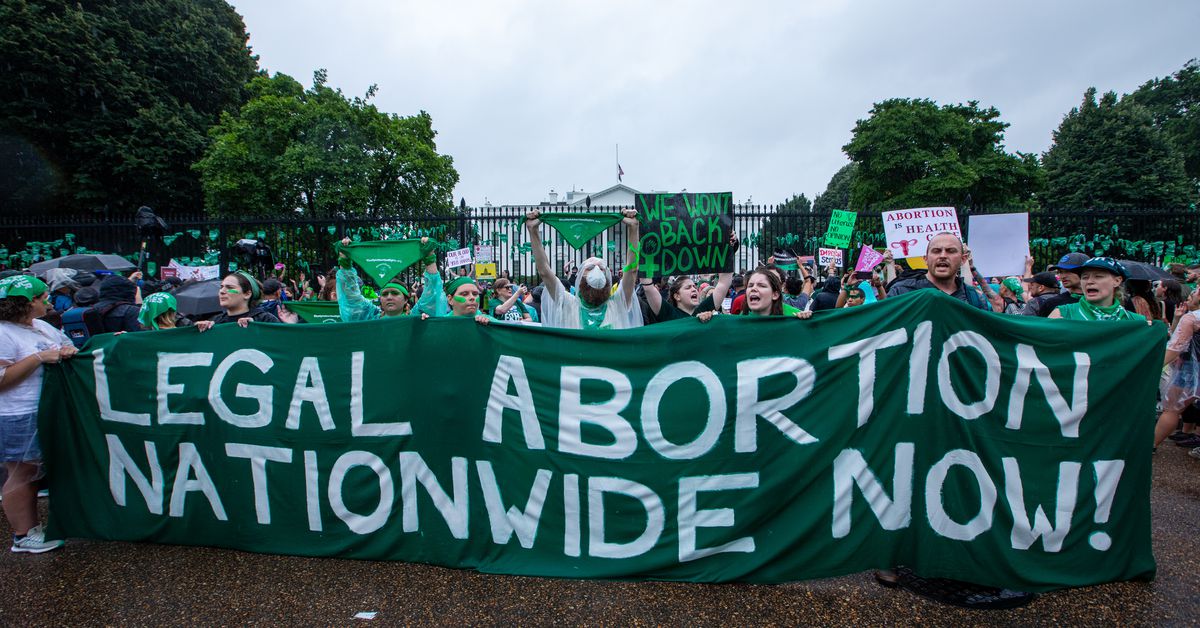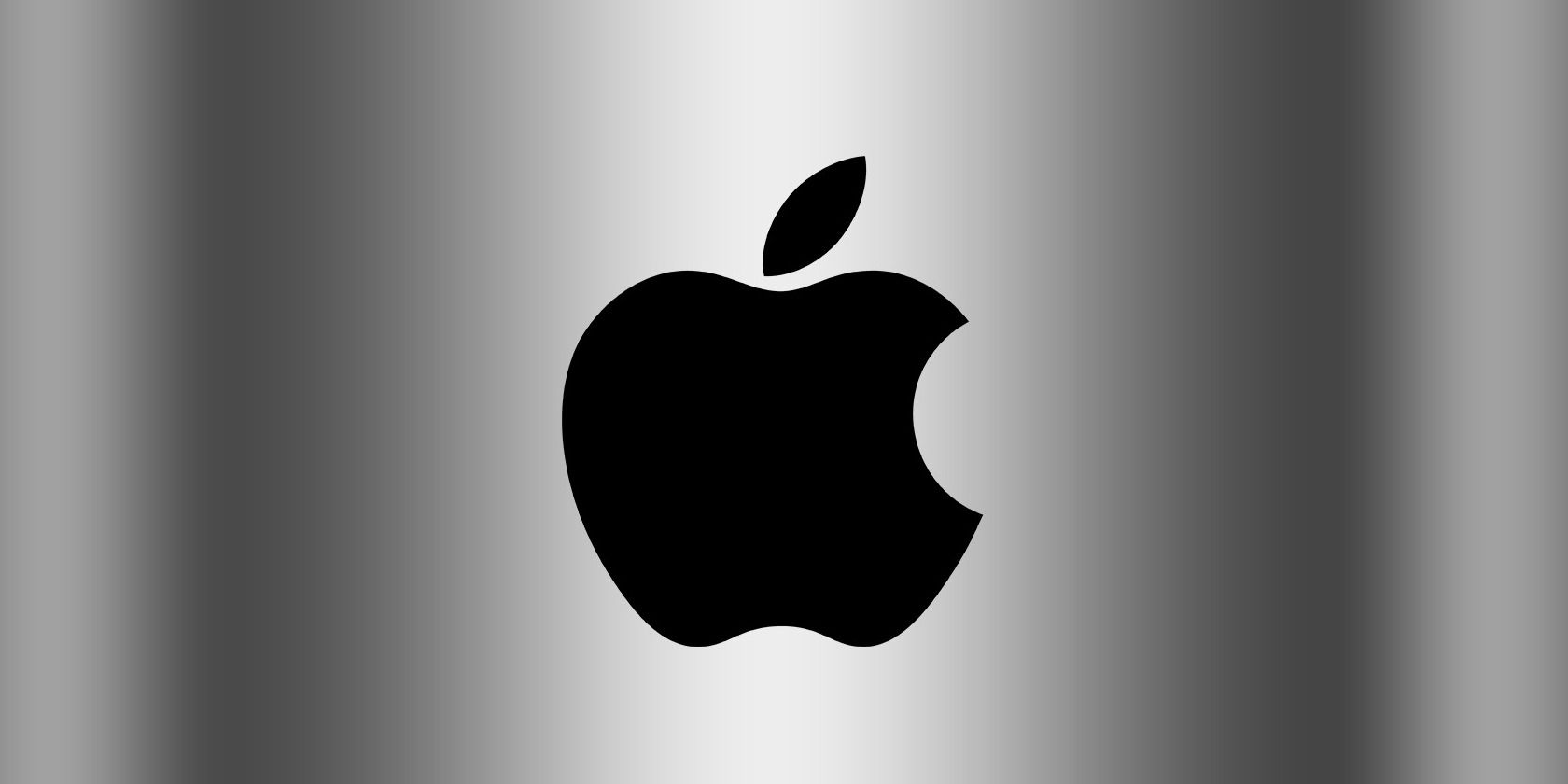[ad_1]

Several prominent Hollywood and Silicon Valley businesses are distancing themselves from Russian state programming amid concerns about the proliferation of Russian propaganda and disinformation surrounding the invasion of Ukraine.
Netflix, TikTok, Apple and Facebook’s parent company, Meta, are the latest U.S.-based media companies to respond to the crisis in Eastern Europe.
Netflix, which registered as an audiovisuals service in Russia in December, was expected to comply with a law that would require the streaming service to carry 20 Russian federal television channels, including Channel One and programming from the Russian Orthodox Church in Russia, according to the Moscow Times. The outlet reported on Dec. 21 that the law would affect Netflix in March.
On Monday, Netflix said it would not follow the rule.
“Given the current situation, we have no plans to add these channels to our service,” Netflix said in a statement.
Meta, the parent company of popular social media apps Facebook and Instagram, is restricting access to Russian state media, such as RT, in Ukraine and throughout the European Union.
RT, which is financed by the Russian Federation, launched its first international news channel in 2005 and now is available in more than 100 countries, according to its website. The media company says it has nine TV channels and claims it “creates news with an edge for viewers who want to Question More.”
“RT covers stories overlooked by the mainstream media, provides alternative perspectives on current affairs, and acquaints international audiences with a Russian viewpoint on major global events,” the outlet says on its website.
But politicians and industry observers have raised concerns that RT harbors Russian propaganda.
“It is definitely the mouthpiece of the Russian government,” Kathryn Stoner, a Stanford University political science professor and author of “Russia Resurrected: Its Power and Purpose in a New Global Order,” told The Times last week.
Meta’s vice president for global affairs Nick Clegg said that the company is now demoting content posted by state-controlled Russian media, “making them harder to find across [the company’s] platforms,” and has restricted access to RT and Sputnik — two of the most prominent such outlets — in Ukraine and the European Union.
The company’s priority, Clegg said, “has been to ensure that people are able to continue using our apps and services safely and securely,” including in Russia. The company has already received blowback from Russian authorities for fact-checking posts made by Russian state-run media, and has blocked that media from earning ad revenue on its platform.
TikTok confirmed Tuesday that it has geographically blocked access to RT and Sputnik media accounts in the European Union.
“We continue to closely monitor the situation, with increased resources to respond to emerging trends and remove violative content, including harmful misinformation and promotion of violence,” TikTok said in a statement.
RT and Sputnik did not immediately respond to requests for comment.
YouTube also said it is blocking channels connected to RT and Sputnik across Europe “effective immediately” due to the war in Ukraine. Roku on Tuesday said it would remove RT from the Roku Channel Store in Europe.
DirecTV on Tuesday said it will no longer offer RT in the U.S. on DIRECTV Satellite and U-verse.
“In line with our previous agreement with RT America, we are accelerating this year’s contract expiration timeline and will no longer offer their programming effective immediately,” DirecTV said in a statement.
But some critics say that tech companies could be taking stronger steps against Russian disinformation and warn that the misleading content could pop up elsewhere.
In a Facebook post on Tuesday, RT acknowledged it was being blocked by tech companies and encouraged people to see its content on a different platform, Odysee.
”… we are alive and kicking on Odysee’s free speech video platform, continuing to promote freedom over censorship, truth over narrative,” RT said in a Facebook post on Tuesday.
Other entertainment companies are taking a stand by suspending the distribution of their content from Russia.
On Tuesday, Ukraine’s Vice Prime Minister Mykhailo Fedorov shared letters on Twitter requesting Apple Music and Spotify allow artists to change their album covers to an image that translates to: “While you are listening to this song, Ukrainian civilians are dying from Russian bombing! We ask Russian citizens to stop this war! To protest that regime!” He said the appeal was supported by the Ukrainian music industry, the Ministry and Committee for Digital Transformation of Ukraine and Slukh Media, which covers music and culture.
The letter also asks Apple Music and Spotify to block the accounts of Russian artists who support the war. Both streaming services did not immediately respond for a request for comment.
Apple on Tuesday said it is taking actions in response to the invasion of Ukraine, including pausing all product sales in Russia and limiting Apple Pay and other services in the country. Outside of Russia, Apple said RT and Sputnik are no longer available for download on the App Store and it has disabled traffic incidents on Apple Maps in Ukraine.
“We are deeply concerned about the Russian invasion of Ukraine and stand with all of the people who are suffering as a result of the violence,” Apple said in a statement. “… We will continue to evaluate the situation and are in communication with relevant governments on the actions we are taking. We join all those around the world who are calling for peace.”
On Monday, Walt Disney Co. said it would pause its theatrical releases in Russia, and Warner Bros. said it wouldn’t release its upcoming movie “The Batman” in Russia. On Tuesday, Universal Pictures said it has paused planned theatrical releases in Russia.
The Motion Picture Assn. condemned Russia’s invasion of Ukraine.
“On behalf of our member companies, who lead the film, TV and streaming industry, we express our strongest support for Ukraine’s vibrant creative community who, like all people, deserve to live and work peacefully,” the association said in a statement. “We will continue to monitor the situation, working closely with our members and partners throughout the global creative sector.”
Staff Writer Meg James contributed to this report.
[ad_2]
Source link















